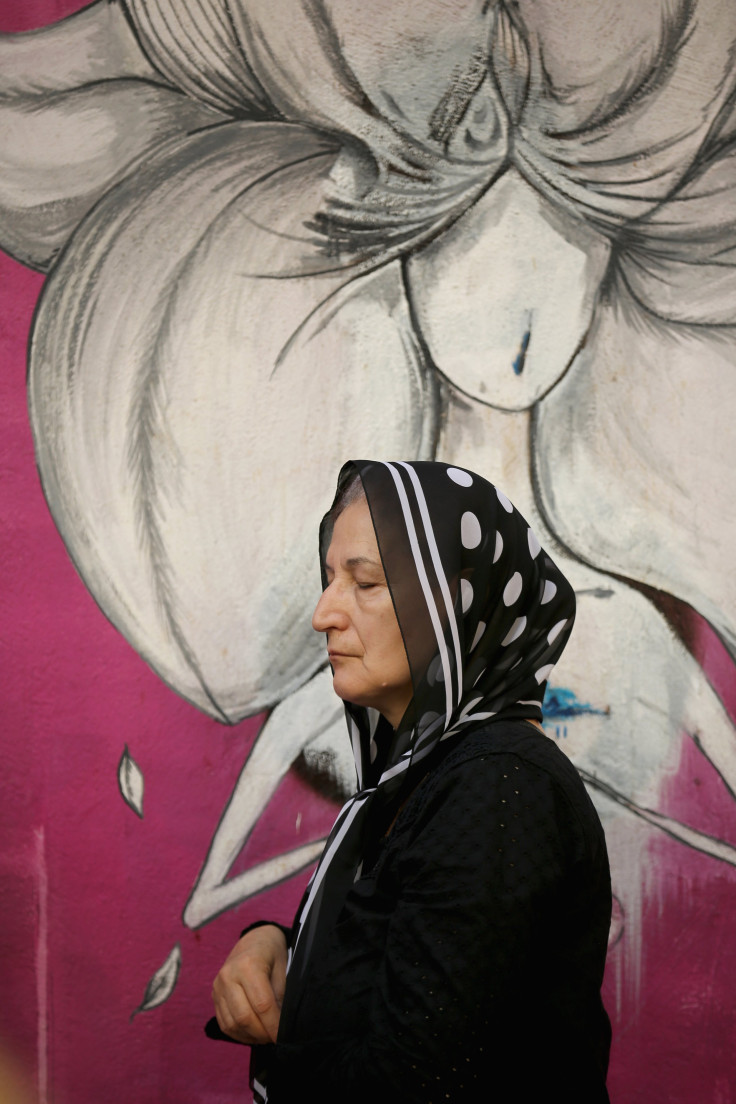Will Greece Leave European Union? Greeks React to 'No' Victory After Referendum

On the Greek island of Paros, an idyllic tourism hotspot in the middle of the Aegean Sea, hotel receptionist Spyros Tandlys felt anything but tranquil Monday after a nation-wide referendum on Greece's economic future. Citing political corruption and corporate greed, Tandlys, 25, said voting "No" was the only option, out of “national pride, nothing else,” but that he had little faith in the referendum to change anything for the daily life of young Greeks.
Tandyls, who works for the luxury Archipelagos Resort and Villas, described the referendum not as between right-wing and left-wing parties or pro-austerity and anti-austerity groups. It was between those who still had a stake in the European Union and those who felt Europe had turned its back on Greece. As he summed it up: “65 percent of the Greek people have nothing to lose, and that’s a big problem.”
A majority of Greeks voted Sunday to reject new bailout terms that would require further austerity demands, including deep budget cuts. But despite Prime Minister Alexis Tsipras’s statement Monday that the referendum was not about "a rupture with Europe,” many Greek voters on both sides of the debate said they equated a "Yes" vote with a desire to say in the European Union and a "No" vote with a desire to leave the eurozone. However they voted, the dominating sentiment was that the local economy would continue to slide into chaos and that Greece could soon exit the European Union.
In many ways, the Yes/No divide was loosely generational, with citizens aged 55 and older voting "Yes" and millennials voting "No," according to the newspaper New Europe. A June 28-30 poll published in the Greek newspaper Efimerida ton Syntakton suggested the referendum results also largely fell along party lines. Roughly 77 percent of the Tsipiras-led Syriza party was prepared to vote "No," while pro-European parties such as New Democracy and To Potami planned on voting "Yes."

After the decisive "No" vote, many Greeks expressed fears over how the results of the referendum would affect tourism and local businesses, as well as the security of savings accounts and pension plans. The reigning wisdom, even for the optimists, was just to wait and see.
“Greece has been around for the past 5,000 years, and we will be around for 5,000 years more,” said Dimitris Mitsios in a phone interview. Mitsios, 38, who works for the Iconic Santorini Hotel, voted No on the referendum and said he’s “not worried” about banks closing or other financial difficulties that could be caused by this vote. If the banks don’t open this week, “we will get by growing vegetables,” he said. “Maybe we don’t have petrol, but we have sun and wind,” he continued, citing a desire to return to Greece’s agricultural roots and focus on tourism through its cuisine and hospitality, unhindered by additional tourism taxes that could be part of a new bailout package.
Mitsios said whatever happens in Greece was out of the hands of the Greek people, regardless of the results of the referendum. “Whatever we’re living now is already planned,” said Mitsios, who faulted “crooked politicians” and large banks such as JP Morgan, Deutsche Bank, and Goldman Sachs for Greece’s current financial situation.
Vasilis Tsasis, a 33 year-old receptionist at the Royal Olympic Hotel in Athens, said that while for the moment tourism and certain financial exchanges seemed to be functioning normally, “We do not know what tomorrow will bring.”
Many Greeks said they were fed up both with the strict austerity measures imposed by European lenders in recent years and the unfulfilled promises made by Tsipras to pull Athens out of its downward spiral. Among those who voted "Yes," there was a sense of choosing the least confusing option.
“I voted 'Yes'… because with a 'No' I was not sure what was going to happen,” said Alexandros Papadopolos, 40, owner of the trendy Athens restaurant Dinner in The Sky. “A 'Yes,' I knew I didn’t like it, but I knew what was going to happen,” he added.
When asked if he had confidence in Tsipras to negotiate better terms on a bailout deal following the referendum, Papadopolos responded: “I have some hopes,” but in the meantime “We will need to manage and do without.”
© Copyright IBTimes 2024. All rights reserved.






















